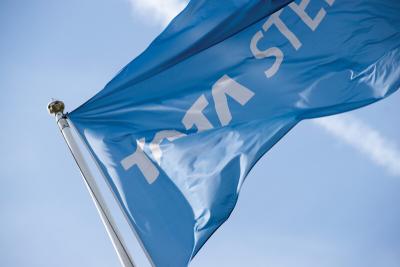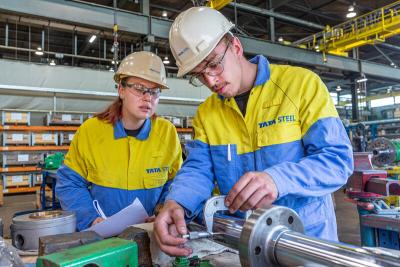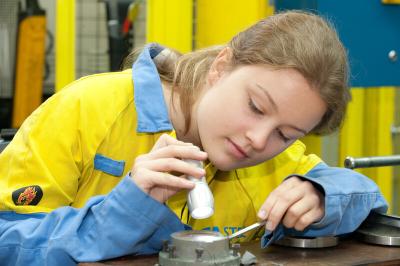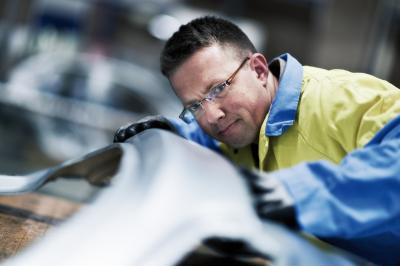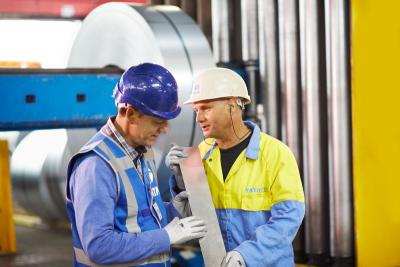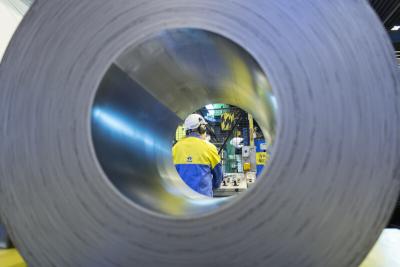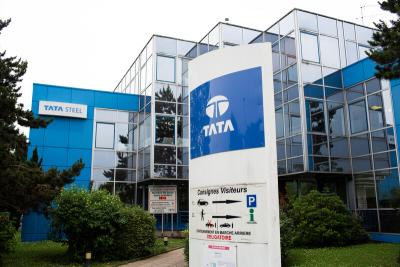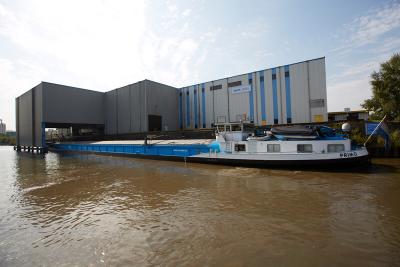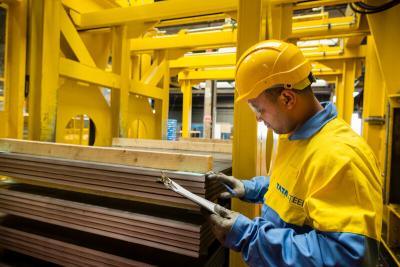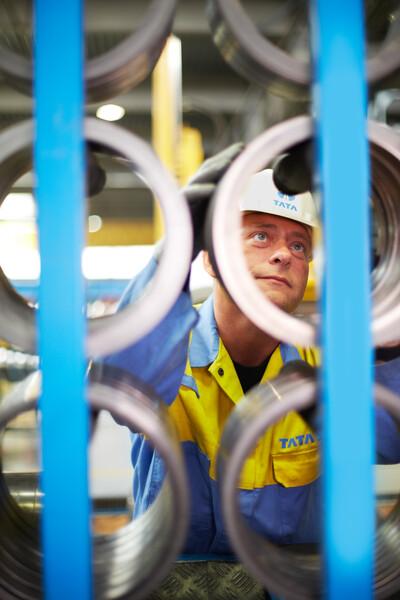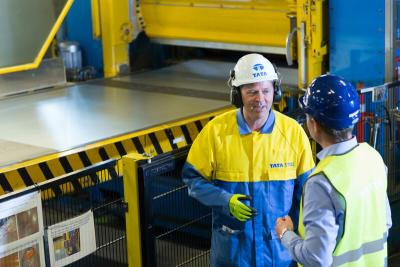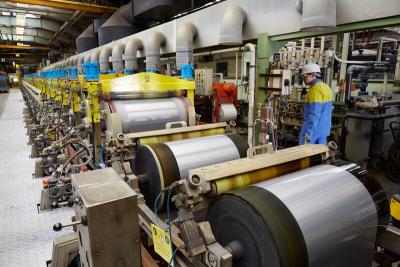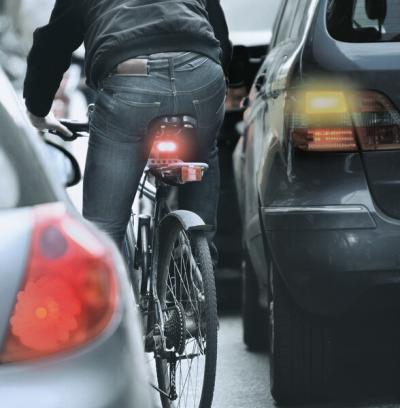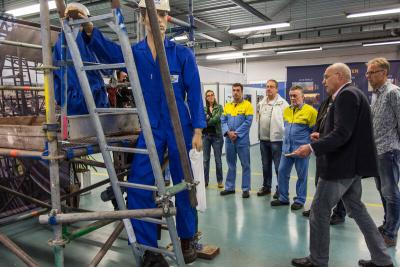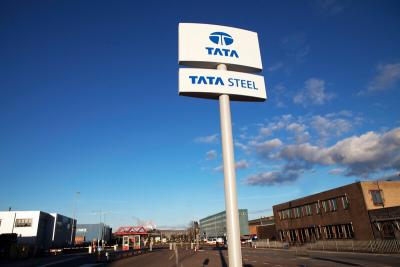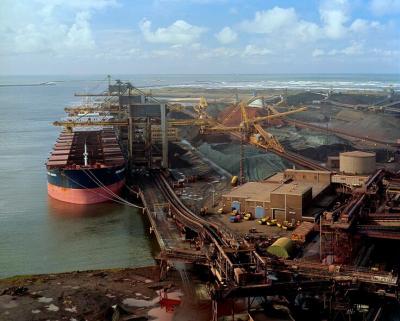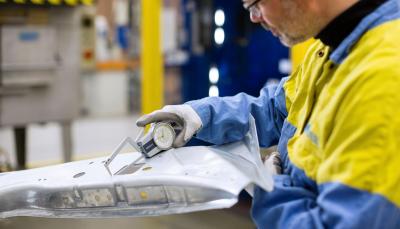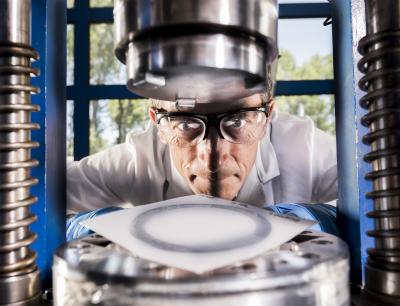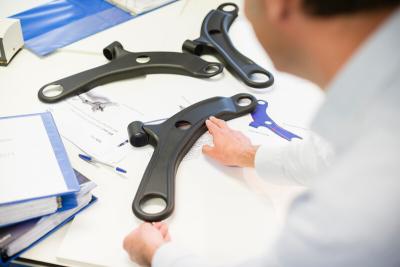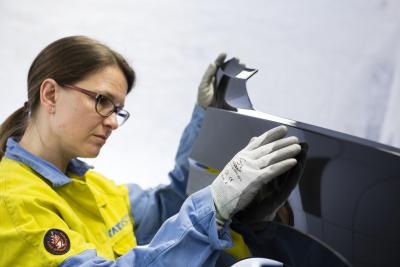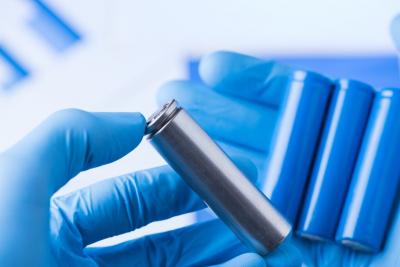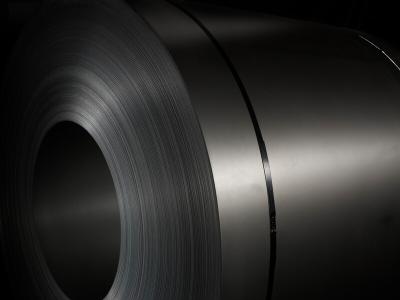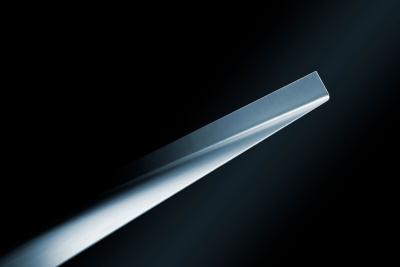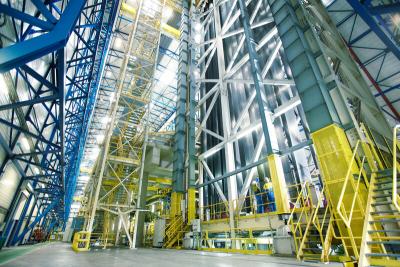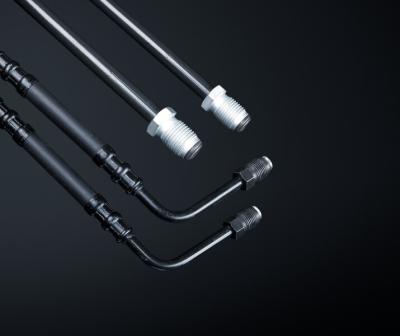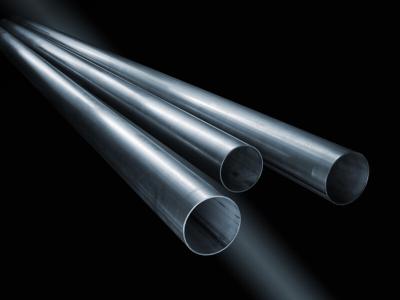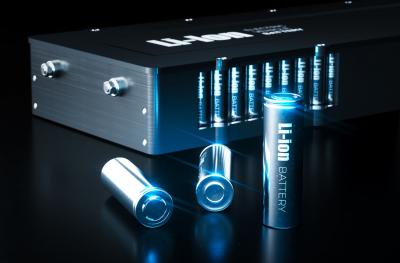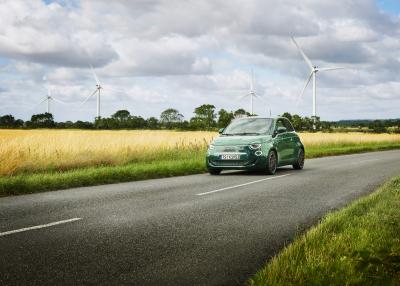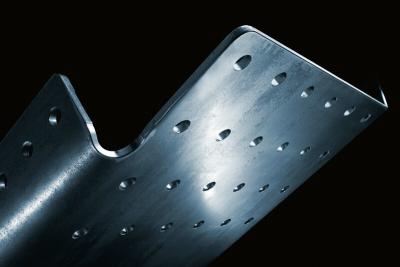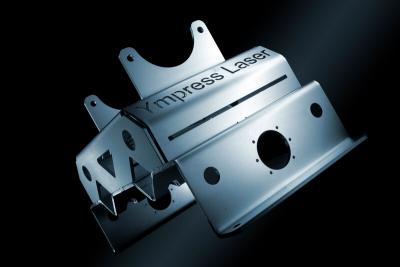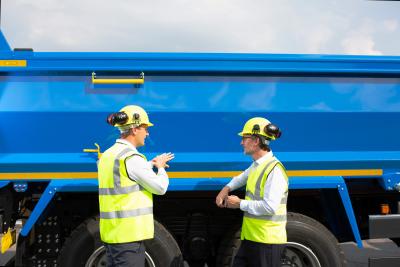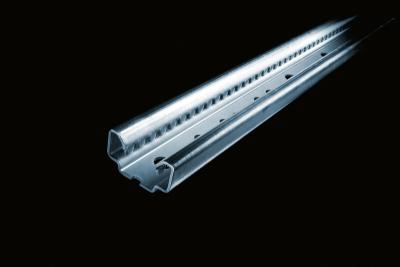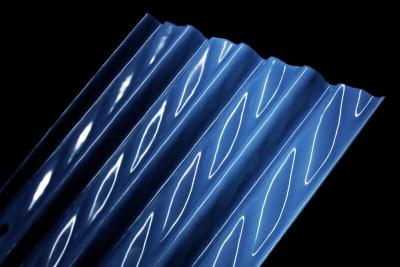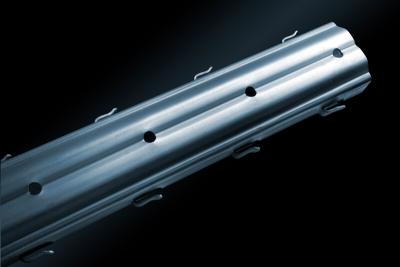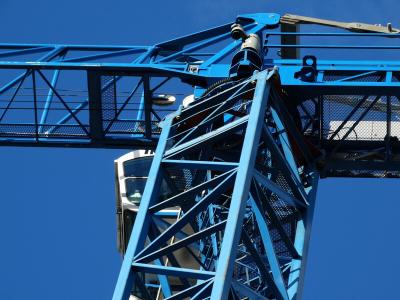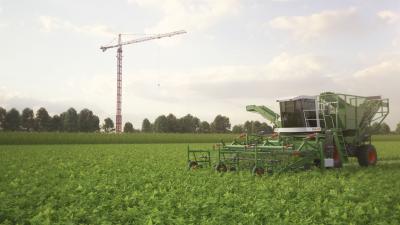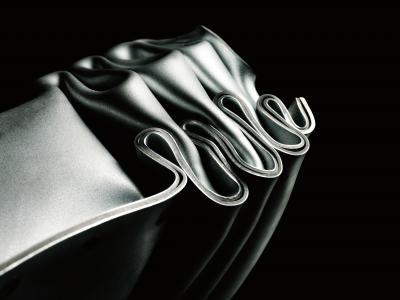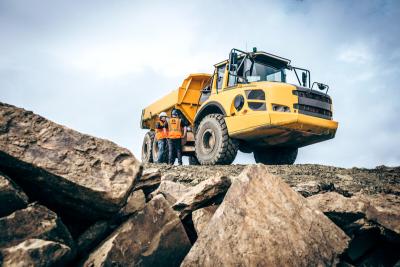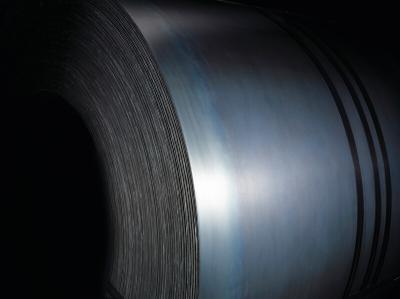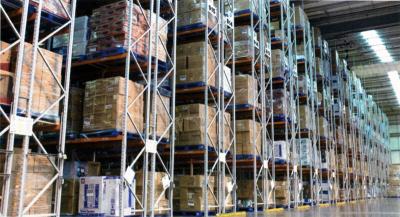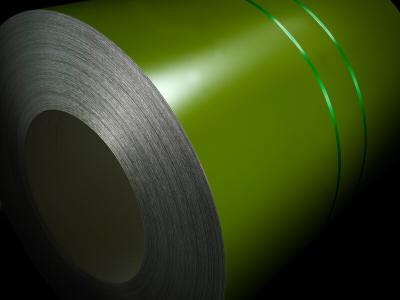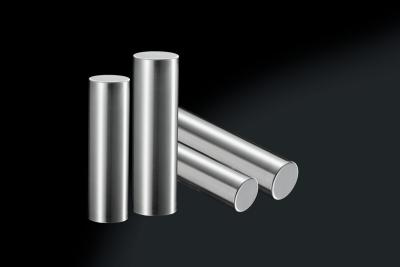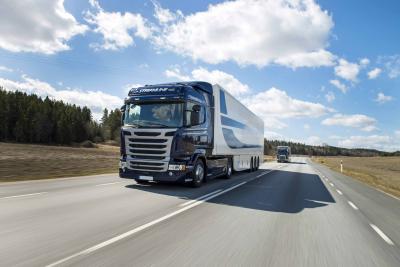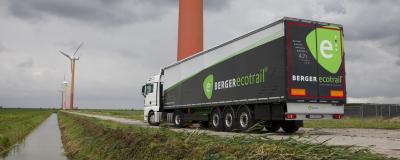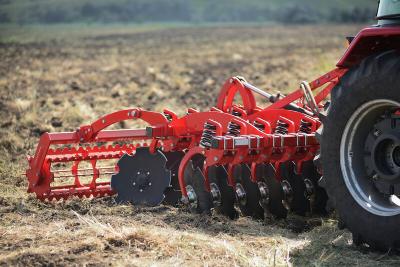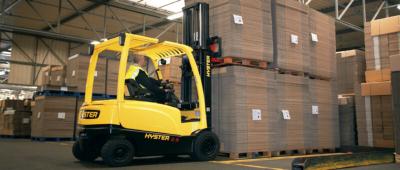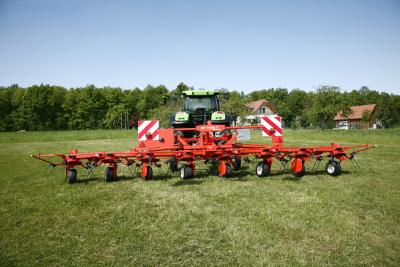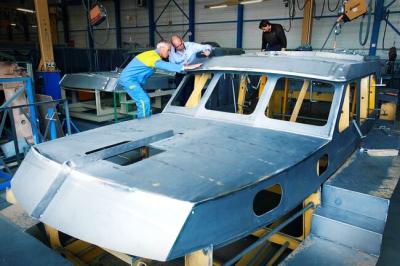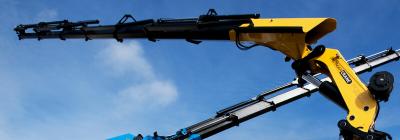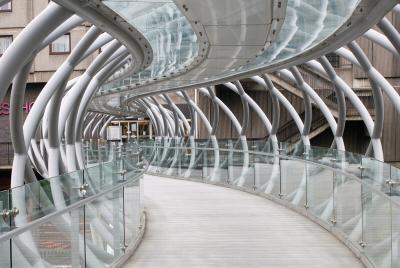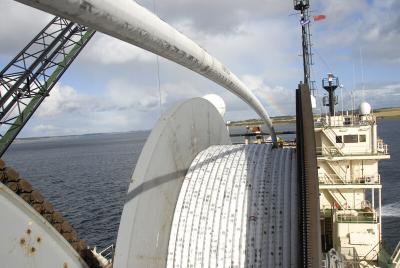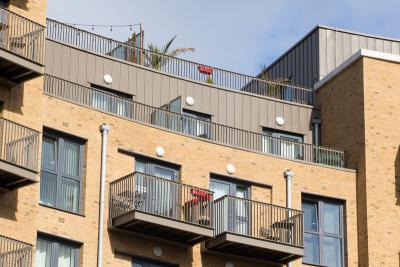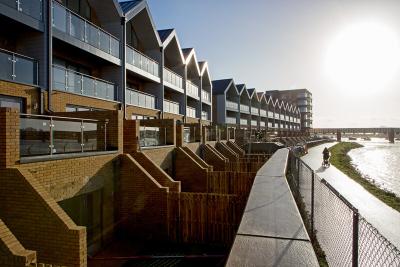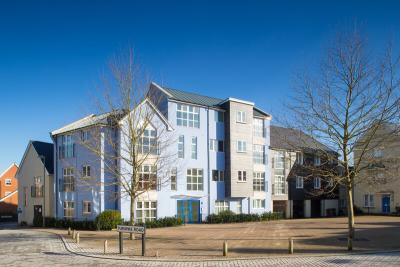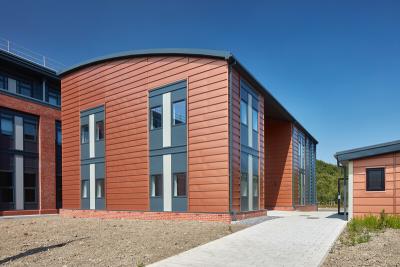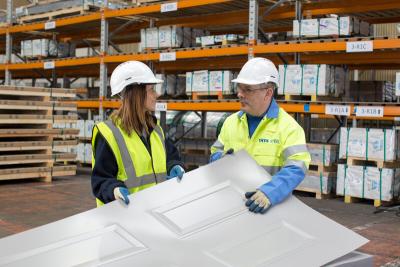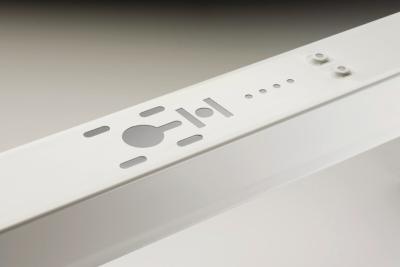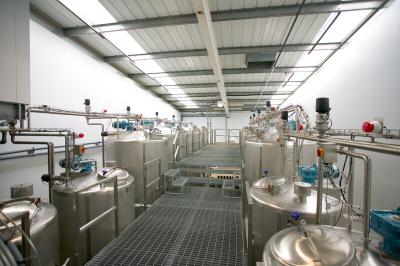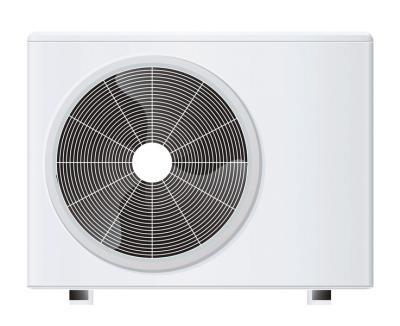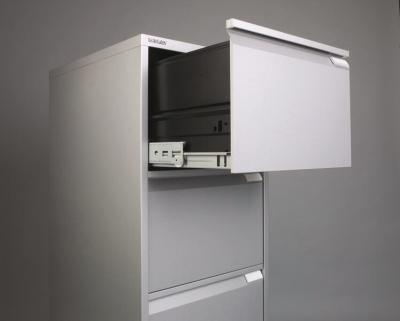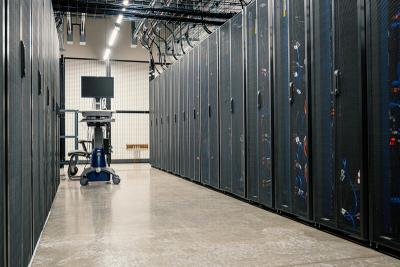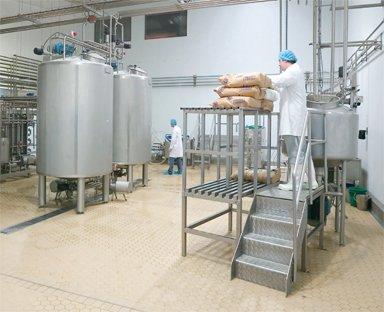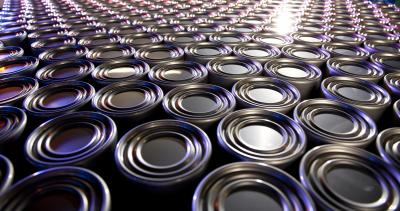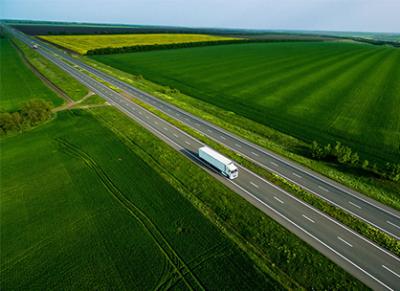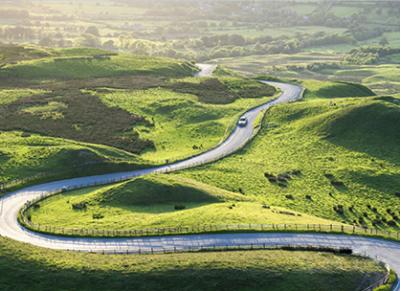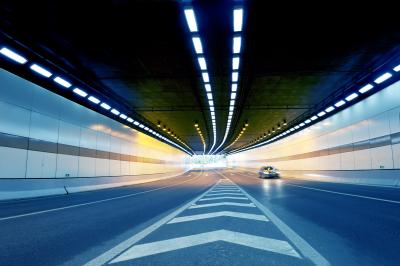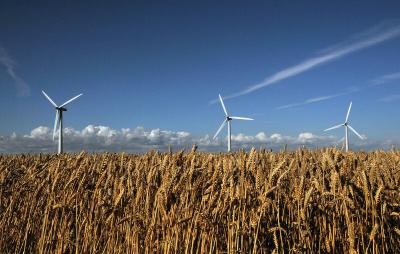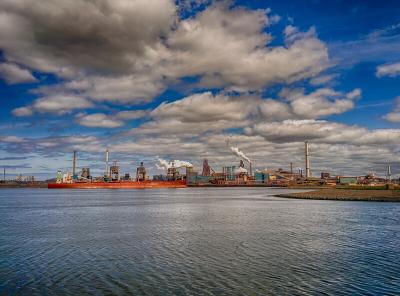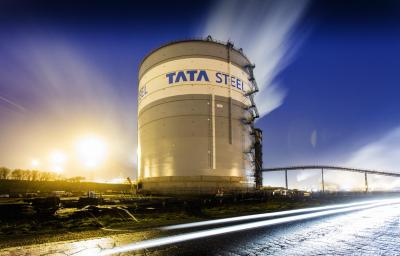At this year’s Euroblech, Tata Steel is highlighting the significant capability and technical transformation it is going through, demonstrating its commitment to European steel users. Measures include its Strategic Asset Roadmap Programme (STAR) for IJmuiden, the Netherlands, two multi-million-pound investments in the UK and steps to decarbonisation as part of its journey towards carbon neutrality. In November 2022, two major STAR schemes will be completed, resulting in a number of significant improvements at its Hot Strip Mill and its Cold Rolling Mill. Tata Steel’s approach towards decarbonisation will be transformational and exemplary. In the Netherlands, an important step has now been taken with the 65 million euro investment for the engineering package of the hydrogen-based manufacturing route.
In a statement, Henrik Adam, Vice President European Corporate Affairs at Tata Steel Limited, said: “The STAR investment paths provide unique capabilities, especially in advanced steel products, and allow us to continue manufacturing premium steel under sustainable conditions. It will enable us to compete in new markets while allowing us to strengthen our position in existing markets. As we extend our product portfolio and progress our decarbonisation efforts, Tata Steel is reinforcing its position as one of the leading steel manufacturers in Europe.
At Tata Steel’s plant in IJmuiden, the STAR programme is developed to build long term capabilities, enabling the supply of the most advanced steels. These allow customers in a range of industries like automotive, industrial, and the mechanical engineering sectors to improve their products while making the processes more efficient and sustainable. As we approach November 2022, Tata Steel has completed major schemes at its hot strip mill and main cold rolling mill at its IJmuiden site. The Hot Strip Mill, with its ability to produce coils of more than two meters wide, will now be able to process the strongest types of strip steel in unique dimensions. The completion of the Cold Rolling Mill reconfiguration results in the move from a batch-process to a more efficient continuous rolling process. This enables the company to improve surface quality and start developing new UHSS steel grades needed to meet the requirements of the automotive market. Further, within the next six months, the key automotive hot dip galvanising line in IJmuiden will be upgraded. Together with a third continuous caster, which started production in October 2021, Tata Steel is now able to offer an even wider range of advanced steels.
Tata Steel has also recently announced it is investing around 8 million pounds in a new slitting line at its Hartlepool Tube Mill in the UK as well as tens of millions of pounds on a new mill at its Corby site in Northamptonshire, UK. The new mill will roll steel into tubes which can be used in construction and various engineering applications from farm machinery to bridges and heavy goods vehicles. It is expected to be completed by the end of 2023 and will strongly improve material availability for customers.
Tata Steel has made a significant step in realising carbon neutral operations, by signing contracts at a value of 65 million euro for the further technical preparations of the hydrogen route. The intended switch to carbon neutral steelmaking is the biggest transformation in Tata Steel’s more than 100-year history. In order to make the entire steel production in its IJmuiden plant more sustainable, Tata Steel is preparing a comprehensive transformation replacing current blast furnace-technology with direct reduction plants and electric furnaces (DRI-REF) before 2030. Building on renewable electricity and a hydrogen-based process for steelmaking, Tata Steel’s ambition is to become carbon neutral by 2045. The new DRI-plants will be built in IJmuiden while all existing plants remain in operation until the DRI is operational, which guarantees continuity of supply throughout the transition.
Meanwhile Tata Steel UK has formally adopted Science Based Targets (SBTi) for its programme of emission reductions and net zero aspirations by 2045. This means reduction will take place in a validated way, measuring progress to robust and agreed measurement processes. It is a clear statement that Tata Steel is dedicated to decarbonising every aspect of its UK operations from procurement of raw materials and energy to iron and steelmaking and through its downstream coating, tube-making and further processing operations, and logistics.
While Tata Steel is transitioning to become a producer of large quantities of high-quality low-CO2 steel, the company can already supply customers with a significant amount of this steel today and thus allow them to make their product offering more sustainable. The launch of Zeremis™ and Optemis™ Carbon Lite low-CO2 steel propositions mark an important step on Tata Steel’s sustainability journey.
-ends-



